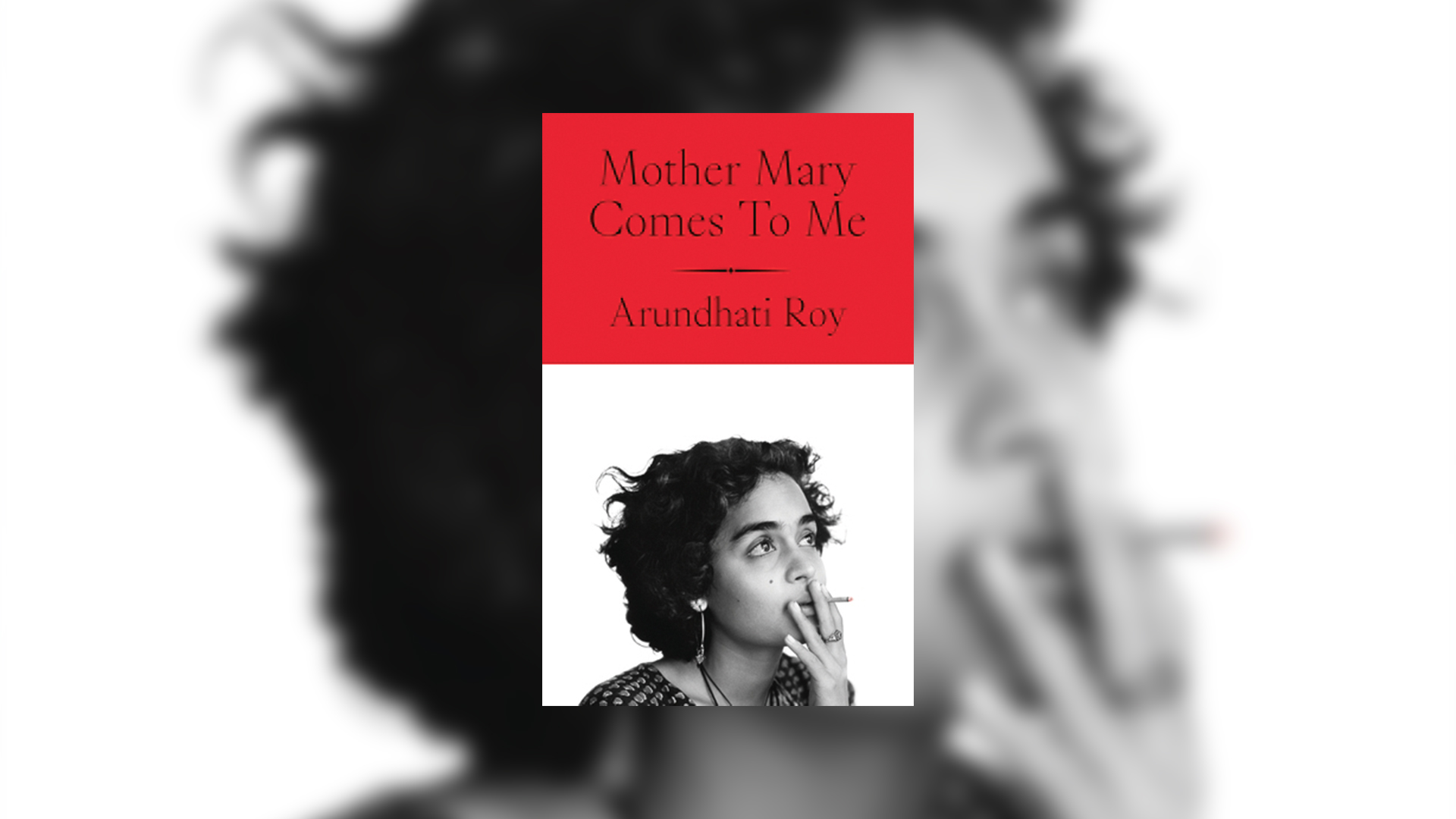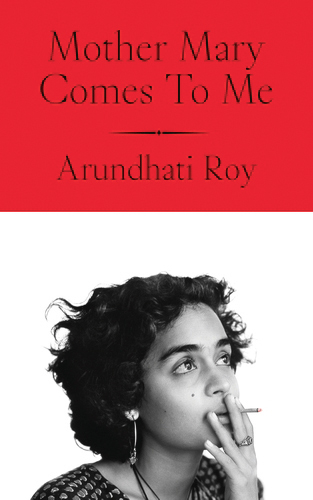Dazzling! Irreverent! Miraculous! Arundhati Roy’s spellbinding memoir, Mother Mary Comes to Me, lays out the cosmos of her life, with the centripetal force her mother, Mrs Mary Roy. With gracious wit, Roy mourns her mother in all her complexity – a woman who harmed and nurtured in tandem.
Raising her children as a divorced single parent in 1960s India, Mrs Roy long chafed against social taboos. She became a trailblazer, making havoc of gendered expectation. She took her nearest and dearest to trial over unjust inheritance laws and built her own renowned school in Kerala. She carved her place in society as a beloved, legendary headmistress – deemed equal to a man in the eyes of her community.
Read more:
- Fever by Jonathan Bazzi review: Eye-opening memoir, not-so-good novel
- Solito by Javier Zamora review: A beguiling memoir, effortlessly evocative of time and place
- Ootlin: A Memoir by Jenni Fagan review: Harrowing truths about the care system
Though Mrs Roy inflicted enormous demands on her inner circle, she also offered up new shining possibilities for her pupils – especially for daughters, navigating the world’s misogyny and racism.
Roy’s memoir considers the legacy of her remarkable mother – and Roy’s own personal journey to honour and survive her influence. As a teenager, she sought independence, living in penury whilst studying architecture in Delhi. Her remembrances speak to the surreal contradictions of family life, alongside the moving relationships she has maintained with friends, partners and comrades.
Whilst forging communities as an activist, filmmaker, and author, she has crafted her marvellous, polymath creations – winning prizes and global recognition for her artistry. But her success as a writer has come with its own perils.






